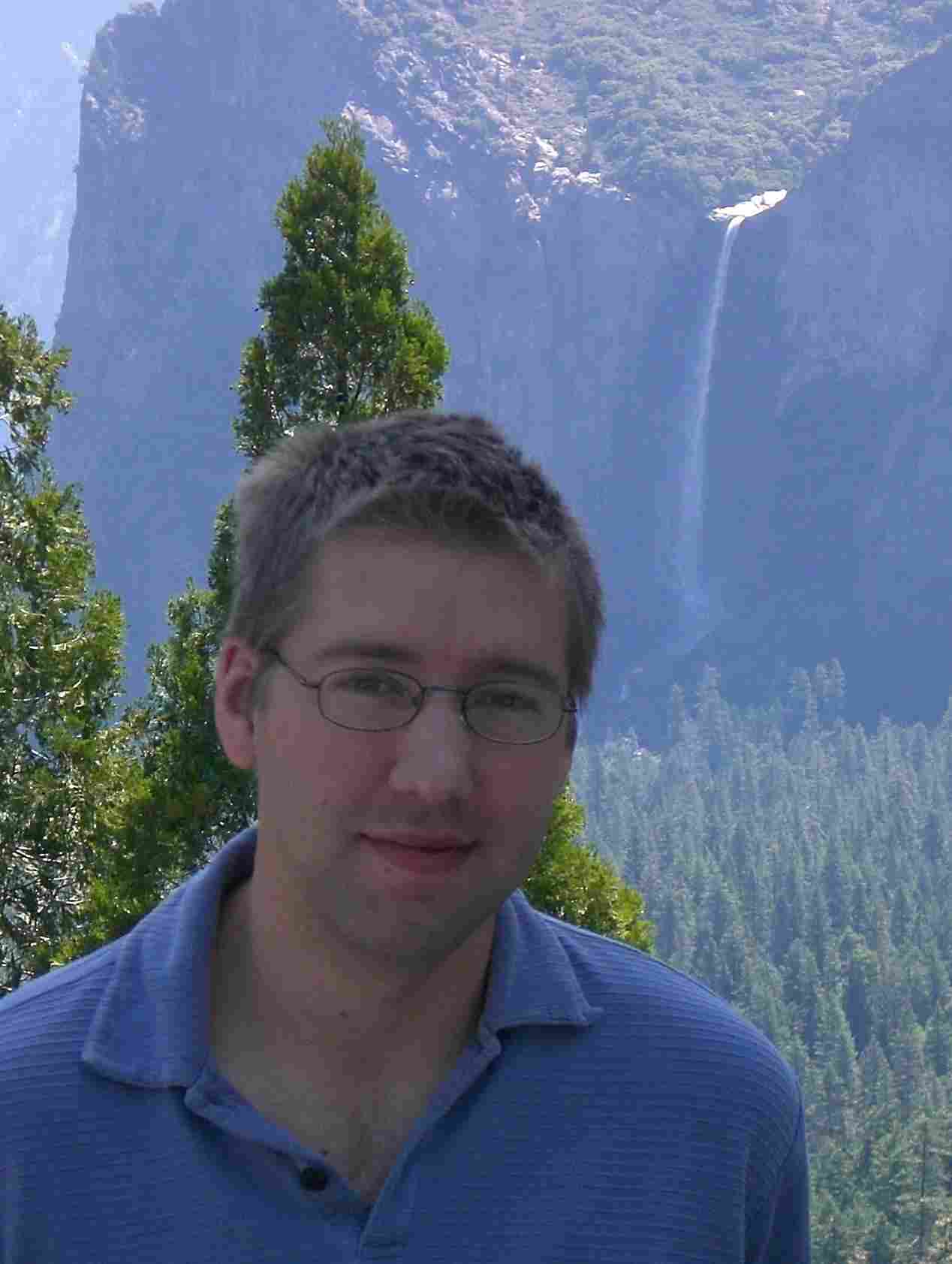Abstract:
Weak-signal, Fast-Acquisition GPS Receiver Technology
and its Application to Spacecraft Navigation
GPS has found wide application for precision spacecraft navigation and
formation-flying applications, but it has primarily been limited to
use in low Earth orbits (LEO). Recent advances in GPS receiver designs
and signal processing capabilities now make it feasible to consider
using GPS to provide autonomous, on-board navigation capabilities for
geostationary (GEO) and other high-altitude space missions that
venture above the constellation of GPS satellites. The main
difficulty with operating "above the constellation" is the sparsity
and weakness of the GPS signals available (satellites must be tracked
from the opposite side of the Earth).
Recently, GSFC has developed a unique space-borne GPS receiver, called
Navigator, designed specifically for high-altitude applications. The
special capabilities of this receiver, namely fast-acquisition and
high-sensitivity, give it advantages over other receivers in a host of
applications, from LEO to cis-lunar orbits. Navigator will get its
first flight opportunity as part of the Relative Navigation Sensor
(RNS) experiment on the HST Servicing Mission-4 this fall, and will be a
critical navigation sensor for the MMS mission, as a core component of
it's Inter-satellite Ranging and Alarm System (IRAS) unit. Other
future work includes GPM and GOES-R.
This talk will cover the basics of traditional GPS receiver design and
its limitations. We then will discuss special signal processing
techniques that can improve acquisition sensitivity and speed,
particularly those employed in Navigator. Finally, we will show, based
on simulation results with Navigator, how these advancements can
improve GPS performance in a range of space-navigation applications.
Biography:
 Luke B. Winternitz
is an Electrical Engineer in the Hardware Components and Systems
Branch (Code 596) at NASA Goddard. He has worked at Goddard since 2001
primarily in the development of GPS receiver technology. He received
Bachelors degrees in Electrical Engineering and Mathematics from the
University of Maryland, College Park in 2001 where he is currently
pursuing a PhD in Electrical Engineering.
Luke B. Winternitz
is an Electrical Engineer in the Hardware Components and Systems
Branch (Code 596) at NASA Goddard. He has worked at Goddard since 2001
primarily in the development of GPS receiver technology. He received
Bachelors degrees in Electrical Engineering and Mathematics from the
University of Maryland, College Park in 2001 where he is currently
pursuing a PhD in Electrical Engineering.
 Luke B. Winternitz
is an Electrical Engineer in the Hardware Components and Systems
Branch (Code 596) at NASA Goddard. He has worked at Goddard since 2001
primarily in the development of GPS receiver technology. He received
Bachelors degrees in Electrical Engineering and Mathematics from the
University of Maryland, College Park in 2001 where he is currently
pursuing a PhD in Electrical Engineering.
Luke B. Winternitz
is an Electrical Engineer in the Hardware Components and Systems
Branch (Code 596) at NASA Goddard. He has worked at Goddard since 2001
primarily in the development of GPS receiver technology. He received
Bachelors degrees in Electrical Engineering and Mathematics from the
University of Maryland, College Park in 2001 where he is currently
pursuing a PhD in Electrical Engineering.